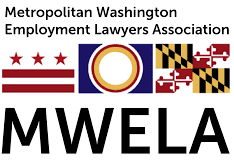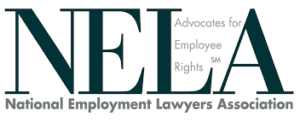Johnsenia Brooks
Every day as more research is conducted, all of us are trying mitigate any chance we have of contracting the COVID-19 virus — by maintaining a 6-foot distance from others, regularly handwashing, and wearing a mask or face covering, among other measures recommended by the Centers for Disease Control (CDC).
Based on currently available information and clinical expertise, however, older adults and people of any age who have serious underlying medical conditions might be at higher risk for severe illness from COVID-19.
Individuals considered high-risk for severe illness from COVID-19 include:
- People 65 years and older
- People who live in a nursing home or long-term care facility
People of all ages with underlying medical conditions, particularly if not well controlled, including:
- Chronic lung disease or moderate to severe asthma
- Serious heart conditions
- A compromised immune system caused by, but not limited to cancer treatment, smoking, bone marrow or organ transplantation, immune deficiencies, poorly controlled HIV or AIDS, and prolonged use of corticosteroids and other immune weakening medications
- Severe obesity
- Diabetes
- Chronic kidney disease; and
- Liver disease
Requesting Reasonable Accommodation
The U.S. Equal Employment Opportunity Commission (EEOC) has updated its guidelines to help employees request a reasonable accommodation due to being at a higher risk of severe illness from COVID-19.
An employee – or a third party, such as an employee’s doctor – must let the employer know that he or she needs an accommodation for a reason related to a medical condition (here, the underlying condition the CDC considers high-risk for severe illness from COVID-19). Individuals may request accommodation in conversation or in writing. The employee (or third party) does not need to use the term “reasonable accommodation” or reference the Americans with Disabilities Act in order to request an accommodation.
After receiving a request, the employer may ask questions or seek medical documentation to help evaluate if the individual has a disability and if there is a reasonable accommodation, barring undue hardship, that can be provided.
Accommodations that could be offered for individuals at higher risk for severe illness from COVID-19 include:
- Additional or enhanced protective gowns, masks, gloves, or other gear beyond what the employer may generally provide to employees returning to its workplace;
- Erecting a barrier that provides separation between an employee with a disability and coworkers/the public;
- Increasing the space between an employee with a disability and others;
- Eliminating or substituting particular job duties that are not considered “essential” functions of a particular position;
- Temporary modification of work schedules if it would decrease contact with coworkers and/or the public when on duty or commuting;
- Moving the location where the employee performs his or her work if it provides more social distancing
While these are some options to consider, an effective accommodation depends, among other things, on an employee’s job duties and the design of the workspace. Employers and employees are encouraged to be creative and flexible during these uncertain times to ensure that employees can still with while still mitigating risks. If you believe you may qualify for a reasonable accommodation based on being at higher risk for COVID-19, or for any other reason, contact one of our attorneys at Seldon Bofinger to schedule an initial consultation.
Last edited May 7, 2020




